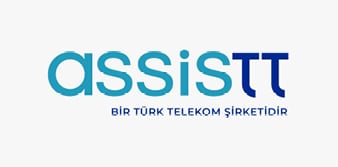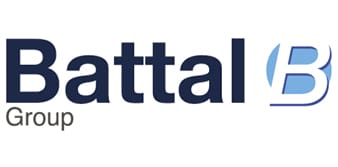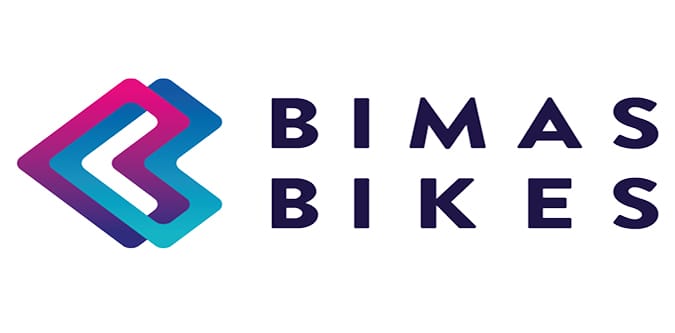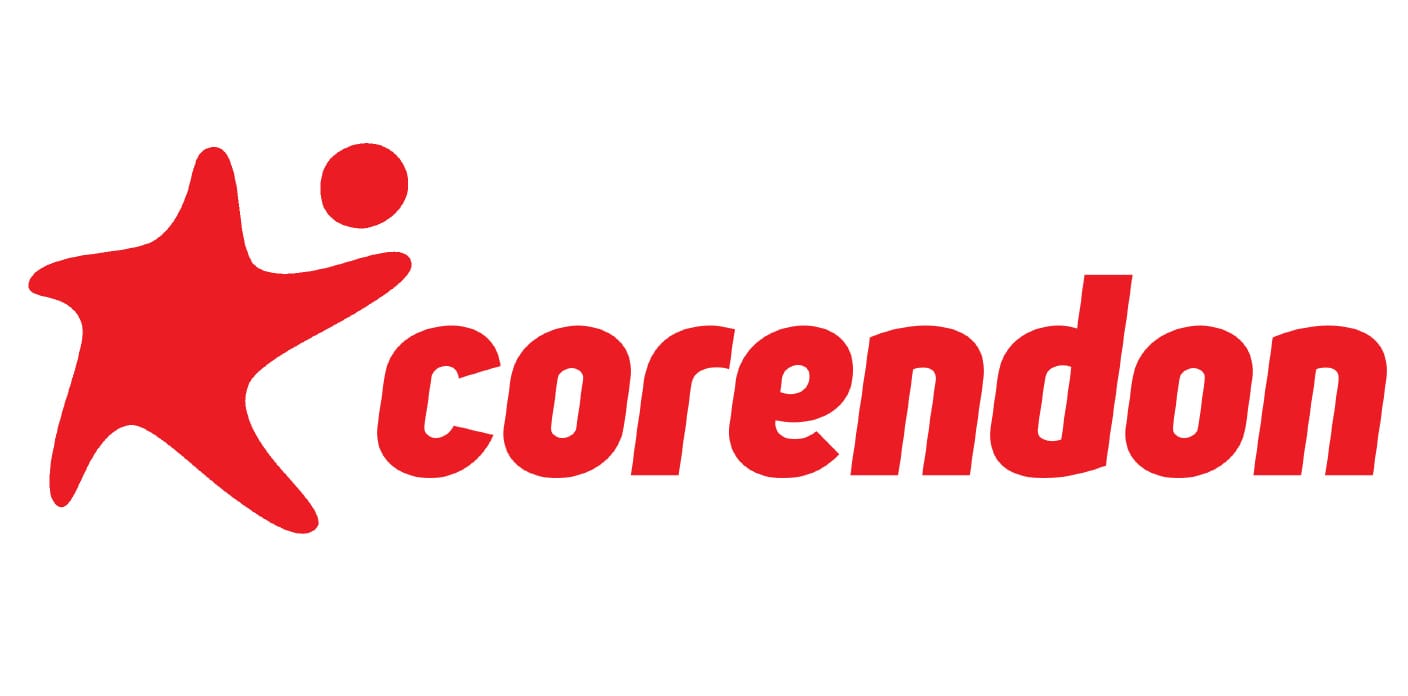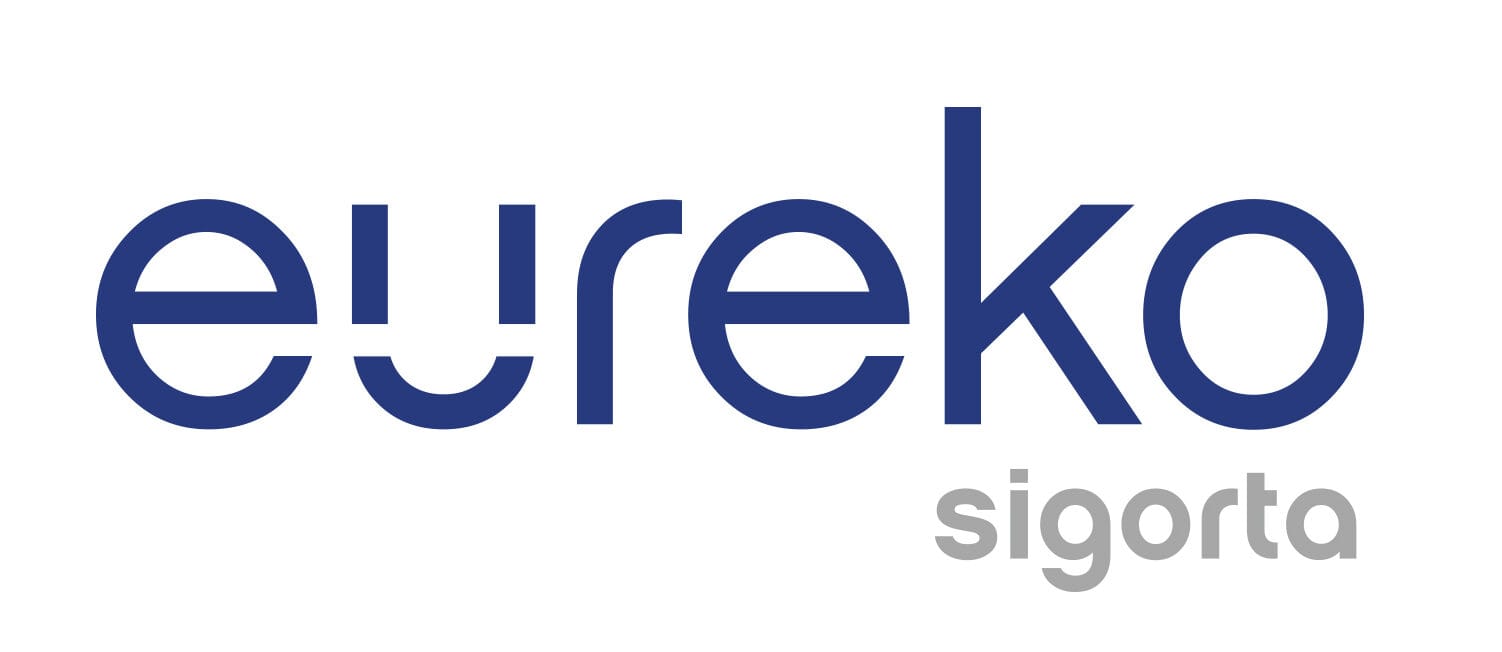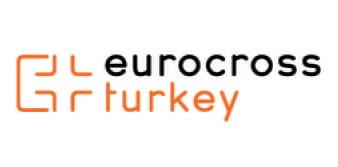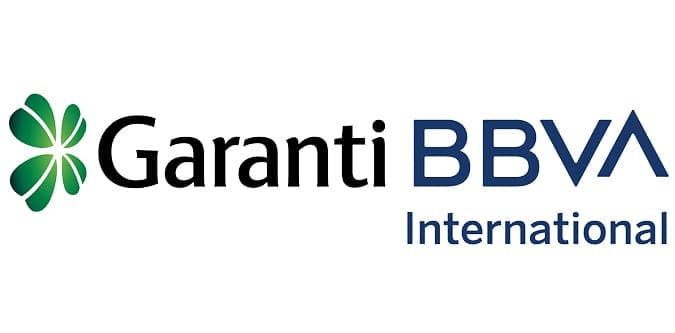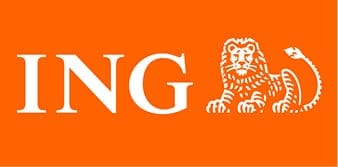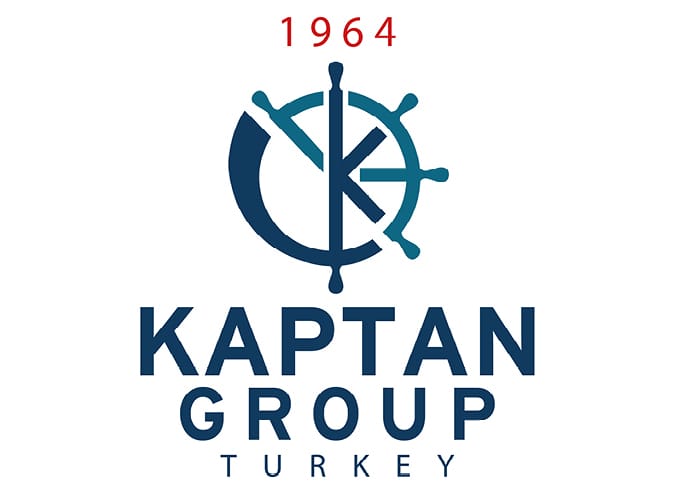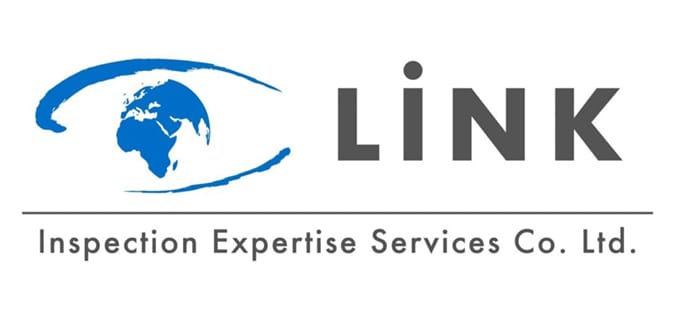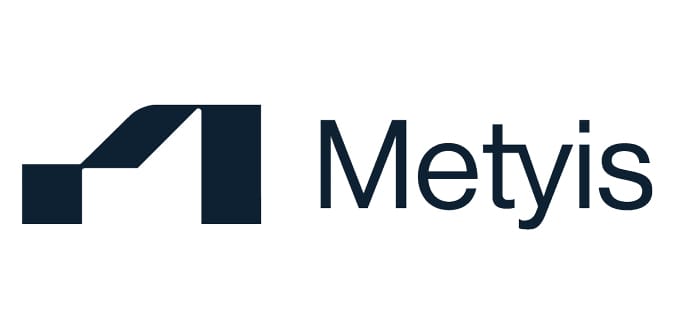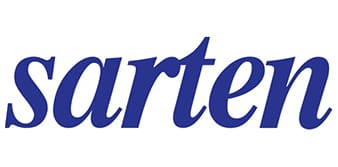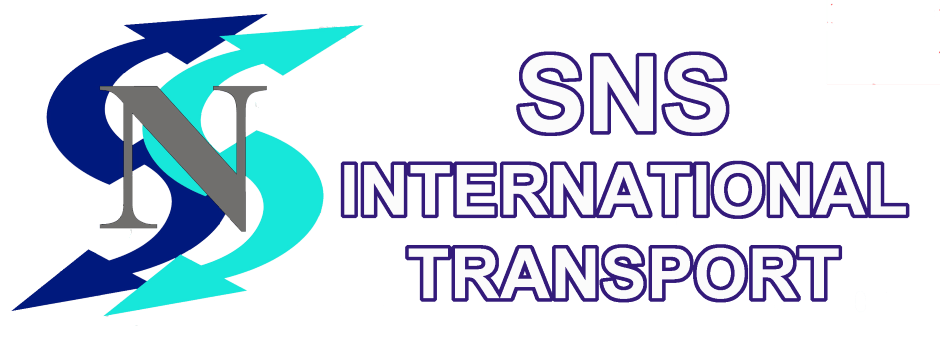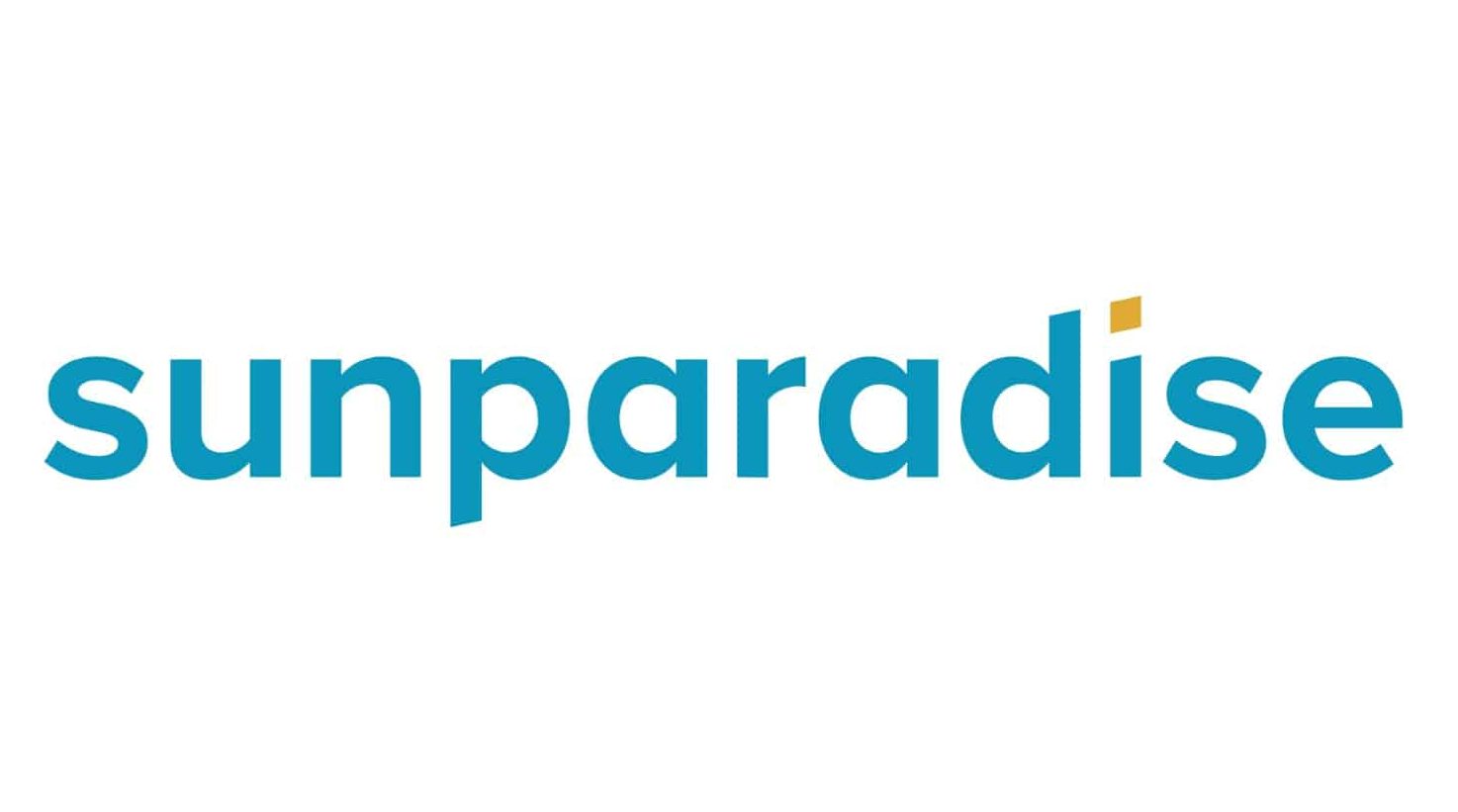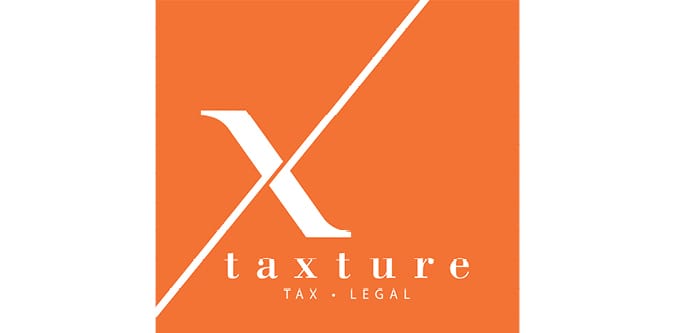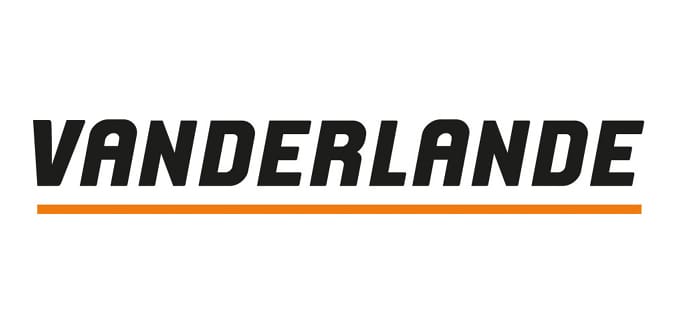Sustainability
Our members and partners are doing everything in their power to be more sustainable by the day

Amicorp is committed to environmental social governance as part of its long-term strategy for high sustainability. In line with its own evolution as a responsible corporate, Amicorp recognizes environmental management as among the highest corporate priorities.
Amicorp’s environmental stewardship program has deepened its commitment to raising consciousness as it works to neutralize and offset its carbon footprint. Along with the actions taken by Amicorp’s offices towards reducing and offsetting CO2 emissions, it has made provisions to plant a tree for every 200 kilometers of air travel made by Amicorp Group’s employees.
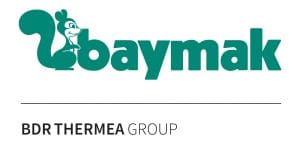
Baymak believes that the most valuable contribution to a sustainable world would be to ensure our children can look on the future with hope, by raising their awareness about energy and world resources. In this respect, Baymak supports energy themed courses in the Energy Museum at Santralistanbul campus. Students at state schools can participate in courses free of charge through Baymak’s support. The energy education program for children focuses on energy conservation, energy efficiency, alternative energy resources, as well as the concepts of sustainability and accessibility.

The innovative character of Bronswerk Heat Transfer has led to a number of unique solutions with a focus on reduced material use for Shell & Tube Heat Exchangers and Air-Cooled Heat Exchangers, as well as additions of equipment focused on sustainability, such as the Whizz-Wheel fan system.
Bronswerk has built up extensive experience and knowledge regarding industrial heat pumps, enabling our customers to reuse their (waste) heat on an industrial scale. The company is one of the few in the world with experience in implementing industrial Heat Pumps, which is one of the reasons Bronswerk has been developing different types of Industrial Heat Pumps for more than 15 years.
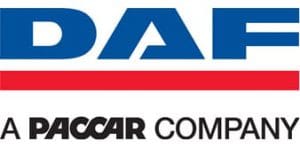
In the past years, significant progress has been made with regard to the impact of its trucks on the environment. DAF’s current trucks are over 20% more efficient than the trucks that it was making 20 years ago and emit 20% less CO2. This significant CO2 reduction has been achieved in parallel with huge NOx and PM reductions of over 95% since the introduction of emission standards.
DAF Trucks focuses on the further development of the diesel engine as well as on exploring and introducing various alternative technologies. Because it is important to realise that there is no one-size-fits-all solution for all transport applications. DAF is exploring many routes that will lead from clean to sustainable: electric, hybrid and – in the long term – hydrogen. At the same time, the already very clean combustion engine is destined to become even cleaner in the future and more sustainable too, thanks to the arrival of new generations of fuels.
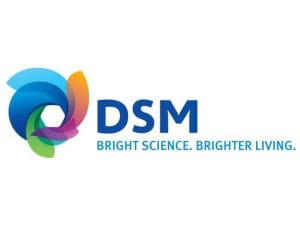
DSM enables a low-carbon economy through everything from sustainable materials and resins, to new farming methods, to game-changing renewable energy innovations. Nearly two-thirds of its entire portfolio comprises what DSM calls Brighter Living Solutions – products and services that have a specific environmental or social benefit compared to mainstream reference solutions.
DSM is committed to being transparent about its sustainability performance. The company has set ambitious sustainability aspirations company-wide. DSM’s new target, announced in 2018, is a 30% absolute reduction of our scope 1 + 2 emissions by 2030 versus our 2016 baseline.
DSM is willing to achieve this target through a wide-ranging number of actions across all our operations, including:
- renewable electricity: 50% of purchased electricity to be sourced from renewables by 2025, increasing to 75% by 2030.
- energy efficiency improvement: an average year-on-year improvement of at least 1% until 2030.
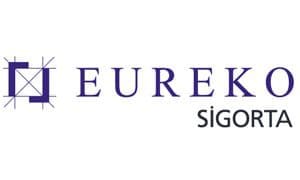
At Eureko Sigorta, they believe that it is their inherent responsibility to society and our stakeholders to show due diligence to overcome the negative impacts of these current world conditions, and to do so Eureko must adopt a new way of working built on solid foundations.
In support of this belief, Eureko positioned sustainability as one of the four strategic goals of their company, specifically as “supporting the UN Sustainable Development Goals”. In December 2019, Eureko formed its first working group to determine how sustainability activities should be organized within the company and integrated in its corporate strategy.
Eureko’s working group, in coordination with its senior management, Achmea, and other external stakeholders, began its endeavor in 2020 to create Eureko Sigorta’s sustainability vision. To ensure the validity of the foundation of this vision more than 20 department meetings, hundreds of internal and external stakeholder surveys, combined with continuous feedback from upper management resulted in a materiality analysis process that would ultimately ensure the selection of the goals that Eureko Sigorta would have the most impact on among the 17 SDGs. As a result of this 2-month study, Eureko Sigorta’s Materiality Analysis was completed and the objectives to be worked on were determined. In December 2020, the Executive Board approved these 8 Sustainable Development Goals to shape our working areas in 2021 and beyond.
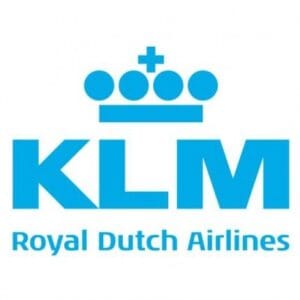
KLM is actively working towards reducing CO₂ emissions, and taking a leading role in creating a more sustainable future for aviation. “Fly Responsibly” is KLM’s commitment to taking a leading role in creating a more sustainable future for aviation. The company is continuously investing and innovating to make our products and processes more sustainable.
KLM’s a Carbon Reduction Roadmap, its current goal is to reduce the CO₂ per passenger with 20% by 2020 (in comparison to 2011) and by the end of 2018, it had already reduced its carbon emissions by 17%.
On top of KLM’s CO₂ it has initiated a CO₂ compensation service in 2008 called CO2ZERO: with a small contribution, passengers can make their flight CO₂ neutral.
KLM is actively working towards reducing CO₂ emissions, and taking a leading role in creating a more sustainable future for aviation. “Fly Responsibly” is KLM’s commitment to taking a leading role in creating a more sustainable future for aviation. The company is continuously investing and innovating to make our products and processes more sustainable.
KLM’s a Carbon Reduction Roadmap, its current goal is to reduce the CO₂ per passenger with 20% by 2020 (in comparison to 2011) and by the end of 2018, it had already reduced its carbon emissions by 17%.
On top of KLM’s CO₂ it has initiated a CO₂ compensation service in 2008 called CO2ZERO: with a small contribution, passengers can make their flight CO₂ neutral.

Leaseplan supports the goal of carbon neutrality by 2050 and the company wants to achieve zero tailpipe emissions from our entire funded fleet of 1.9 million vehicles by 2030, starting with its employees’ vehicles.
The company is committed to taking a leadership role in the industry’s transition from internal combustion engines to alternative powertrains in support of the Paris Agreement and climate-related Sustainable Development Goals. This means promoting cleaner, low-emission vehicles and the infrastructure required to make them a viable option for its customers and employees. It also requires Leaseplan to design services and technology-enabled tools that help managers get the most out of their fleets while reducing harmful emissions
In 2019, Leaseplan developed clear guidelines to help the company to standardise its sustainability activities such as: energy suppy, lighting, air conditioning and waste.
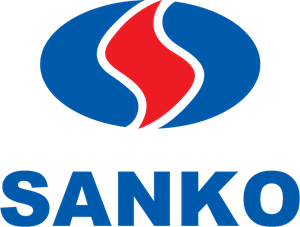
With 1.5 billion USD investment in 6 hydroelectric, 2 wind power plants and 3 geothermal power plants to date, Sanko Energy produces 2.7 billion kWh energy a year from renewable sources with a total installed capacity of 725 MW. Sanko Energy aims to produce 3,4 billion kWh electricity a year by increasing its renewable capacity to 900 MW with an additional 200 million USD investment until the end of 2020.
Sanko Energy’s carbon emission reduction based on renewable energy, technology and productivity focused, investments and operations in power generation contribute significantly to sustainable development of Turkey. In the future, Sanko Enerji will continue to contribute to the national economy by investing in renewable energy sources.
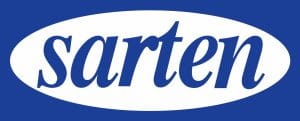
Sarten as an environmentally responsible company, cooperates with its suppliers and customers to minimize the environmental effects of our metal and plastic packaging production processes from supplier to manufacturing and from usage of the products.
Sarten declares and commits to:
- efficient use of natural resources, increase recycling and regain
- consider energy efficient and environmentally friendly technologies when establishing our processes
- use zero waste approach at waste management
- protect environment by preventing contamination at the source
- contribute sensitiveness to climate change and environmental consciousness of employees, customers, suppliers and the community to transfer a clean, healthy environment to the future generations.
- fulfill compliance for environmental responsibilities
- improve and develop environmental performance
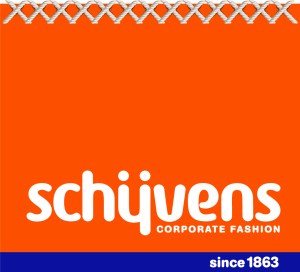
Schijvens endeavours to reduce the impact on the environment and to leave a better footprint. This is done by making an informed choice in the use of raw materials and substances for its corporate clothing collections, such as the use of recycled plastic, coffee grounds as well as recycled textiles.
Schijvens collects old clothing from its customers and uses it as raw material for its circular yarn. In this yarn, it processes 30% post-consumer textiles, 20% cutting waste and 50% recycled PET polyester from PET bottles, fishing nets and polyester clothing. As a result, this yarn falls into class A of the Made-By benchmark.
In July 2016, together with more than seventy other companies in the clothing and textile sector, Schijvens signed the covenant agreed to work together to further the sustainability of the sector.

Shell strongly supports the goals of the Paris Agreement to limit the rise in the average global temperature well below 2° Celsius. The Paris Agreement also said the world should pursue efforts to limit the temperature increase to 1.5° Celsius. Therefor, Shell sets itself ambitions to become, by 2050 or sooner, a net-zero emissions energy business where society stops adding to the amount of greenhouse gases (GHGs) in the atmosphere.
Shell is improving our own operations over time, addressing energy efficiency and capturing or offsetting unavoidable greenhouse gas emissions. Most greenhouse gas emissions come from Shell’s customers’ use of our products. So Shell is also looking for ways to help customers cut their greenhouse gas emissions.
Shell aims to be net-zero on emissions generated by all its operations, as well as on emissions associated with the energy it needs to power them. Shell’s ambition is that any greenhouse gas emissions from making its products that cannot be avoided – through energy efficiency or using lower-carbon fuel – will be balanced with removal from the atmosphere using technology and nature.

Signify’s purpose to unlock the extraordinary potential of light for brighter lives and a better world. By changing the way it creates and uses light, it can improve lives and have a positive impact on the planet. Over the past 125 years, Signify pioneered many key breakthroughs in sustainable lighting and was a driving force behind several leading technological innovations, including LED.
In 2016 Signify’s CEO Eric Rondolat launched a sustainability program ‘Brighter Lives, Better World’ at Climate Week NYC. Through this ambitious program, Signify commits itself to taking some big leaps forward by 2020. Signify made significant gains towards meeting those goals.
Signify, has achieved carbon neutrality in 2020. It is driving its zero waste to landfill program, striving for a zero injury workplace, and are engaging suppliers for a sustainable supply chain.
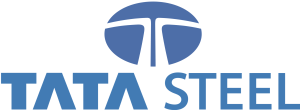
Tata Steel is pursuing a collaborative approach on biodiversity by engaging the employees and local communities through various awareness programmes and workshops. The Company’s future endeavors will be aimed at enhancing strategic partnerships with organisations and agencies to collaborate on biodiversity conservation projects.
In 2020, Tata Steel launched its new corporate brand campaign ‘We Also Make Tomorrow’ inspired from its work done in the areas of technology, innovation and sustainability.
Tata Steel has consciously invested in biodiversity conservation. The Company has been actively working with the several organisations, to enhance its performance in biodiversity conservation and significantly reducing its impact on ecosystem and biodiversity. Being a business leader in steel making, mining, and manufacturing, the Company is going beyond the regulatory regimes and setting high standards for itself on the social and environmental matters.
Today, sustainability and particularly creating and maintaining excellence in biodiversity is an essential element of how Tata Steel runs its business. Tata Steel launched its Biodiversity Policy in 2016. The policy provides guidelines for including biodiversity in every strategic and operational decision making.
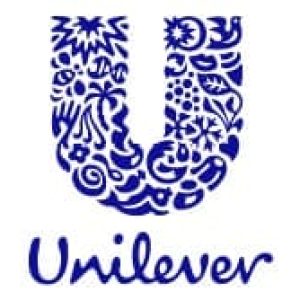
The Business & Sustainable Development Commission, co-founded by Unilever, concluded that successful delivery of the Sustainable Development Goals (SDGs) – which seek to tackle 17 of world’s most urgent challenges – will create market opportunities of at least $12 trillion a year.
Unilever has also reduced the water used in manufacturing by 47% per tonne of production since 2008. In 2019, its water impact per consumer use increased by around 1% compared to 2010.
By 2025, Unilever plans to:
- halve the amount of virgin plastic we use in our packaging and an absolute reduction of more than 100,000 tonnes in plastic use
- help collect and process more plastic packaging than it sells
- ensure that 100% of its plastic packaging is designed to be fully reusable, recyclable or compostable
- increase the use of post-consumer recycled plastic material in its packaging to at least 25%.
Unilever wants to play a leading role in that transition. Ahead of the Paris Agreement in 2015, Unilever set an ambitious target to become carbon positive by 2030 – by eliminating fossil fuels from its operations and directly supporting the generation of more renewable energy than it consumes. By 2030, Unilever aims to source 100% of the energy it uses across all its manufacturing operations from renewable sources.

